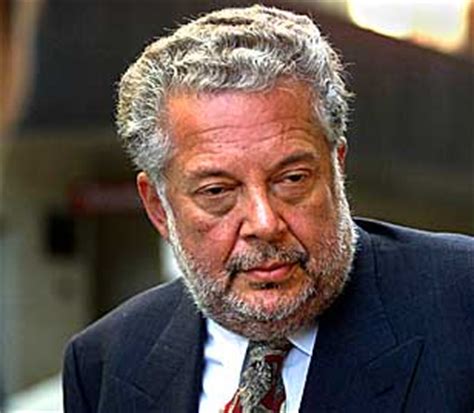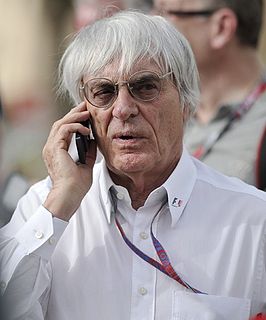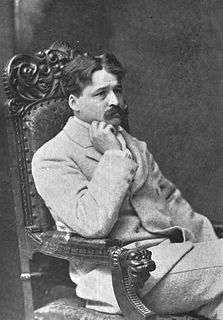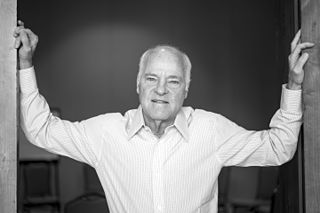A Quote by Rene Rivkin
When buying shares, ask yourself, would you buy the whole company?
Related Quotes
When I received the Nobel Prize, the only big lump sum of money I have ever seen, I had to do something with it. The easiest way to drop this hot potato was to invest it, to buy shares. I knew that World War II was coming and I was afraid that if I had shares which rise in case of war, I would wish for war. So I asked my agent to buy shares which go down in the event of war. This he did. I lost my money and saved my soul.
Probably when I gave things to Slavica [ Ecclestone], you know the shares of the company, and things like that. And she put it all in trust and the trust sold the shares. Um, would I turn the clock back if I could and so I still owned the company completely? Probably yes. It probably wasn't a good decision, but it was the decision that had to be made. Was I happy that I made it? No.
When there is some fear about accounting and growth and the economy, food stocks are a decent place to be, ... This company has been through a bit of a restructuring the last couple of years. Management is doing a great job. The company is improving and people are buying chocolate. So, what a great week to buy it.
Buy less. Choose well. Make it last. Quality, not quantity. Everybody’s buying far too many clothesI mean, I know I’m lucky, I can just take things and borrow them and I’m just okay, but I hate having too many clothes. And I think that poor people should be even more careful. It doesn't mean therefore you have to just buy anything cheap. Instead of buying six things, buy one thing that you really like. Don't keep buying just for the sake of it.
I was left £50 when I was ten by a fairly distant cousin, which my father invested in GEC shares on my behalf. I became interested in the market and was given some more shares by my father, which is when I began looking to see how the shares were performing and learning how to read company reports, balance sheets, and so on in order to gauge that.
































